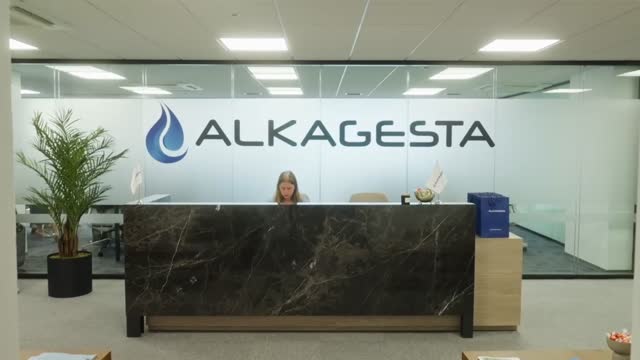Malta’s business sector invested an estimate of €837 million in innovation between 2020 and 2022, according to the latest data from the National Statistics Office. This expenditure highlights the continued focus on development and growth, especially during challenging economic times, considering the period covered the height of the COVID-19 pandemic. The figures were drawn from the Community Innovation Survey, which examined companies with a workforce of 10 or more, providing a detailed look at innovation efforts across the country.
Innovation at the core of business strategy
Nearly 30 per cent of businesses surveyed—representing 840 enterprises—were engaged in some form of innovation during the three-year period. These efforts included both product and process innovations, with 308 businesses actively investing in both areas, 417 focusing exclusively on business process improvements, and 74 honing in solely on product development. Additionally, 41 businesses reported engaging in Research and Development (R&D) or other innovation-related activities.
The significant investment in non-R&D innovation—accounting for 86.8 per cent, or €726.2 million, of total innovation expenditure—underscores the importance that Maltese businesses place and the necessity of enhancing internal processes and services. R&D, while a smaller proportion at €58.5 million, remains a crucial element for businesses aiming to pioneer new products and services in highly competitive markets.
Collaboration: A key driver of innovation
Collaboration played a central role in fostering innovation, with 16.3 per cent of innovative businesses establishing partnerships. These partnerships, most commonly with external private enterprises, provided opportunities for knowledge-sharing and development across industries, helping to fuel Malta’s innovation engine.
This cooperative approach is critical for enterprises that may not have the resources to innovate independently. Engaging with external partners, be it other businesses or research institutions, can facilitate access to expertise, technologies, and funding streams that might otherwise be out of reach.
Intellectual property: Protecting innovation
The survey also revealed that safeguarding intellectual property remains an essential aspect of the innovation landscape. Around 9.1 per cent of the surveyed businesses applied for intellectual property rights, with the majority opting for trademarks. This step ensures that their unique products and innovations are legally protected, reinforcing the value of their developments and enabling them to maintain competitive advantages in their respective industries.
Balancing ambition and resources
Interestingly, the survey also shed light on why some businesses refrained from increasing their innovation efforts. While 43.8 per cent felt no need to innovate further, 20.1 per cent indicated that a lack of resources was a barrier to doing more. This suggests that while many Maltese businesses are satisfied with their current innovation trajectory, others may require additional financial support or other resources to expand their innovative activities.
Additionally, 17.1 per cent of innovative enterprises managed to secure equity or debt financing, with 38.6 per cent of them channeling these funds into R&D and other innovation projects. These figures highlight the role of external funding in enabling companies to push the boundaries of innovation and continue their growth trajectories.
Innovation with an environmental focus
Malta’s enterprises are not just innovating for profit—they are also taking significant strides towards sustainability. Over a quarter of businesses introduced innovations aimed at reducing energy consumption or their CO2 footprint, with others focusing on reducing material or water use. This trend aligns with growing global emphasis on environmental sustainability and reflects a shift towards more responsible business practices.
Local and international presence
Another interesting insight from the survey is that 40.3 per cent of Malta’s innovative businesses were part of an enterprise group, with the majority having their headquarters located in Malta. However, a notable percentage had their head offices located within the European Union or further afield, underlining Malta’s growing integration into broader international business networks.
Counter offers are a short-term fix, says recruitment director Emanuel Zammit
'Counter offers are usually a short-term patch on a long-term issue.'
IDC Malta launches Boardroom Excellence Workshop Series 2026
The initiative is designed for both current and aspiring directors as well as senior executives.
Alkagesta secures access to NATO pipeline to supply fuel to Europe’s biggest airports
The pipeline stretches roughly 5,300km across Northwest Europe.
Malta’s merit-based citizenship framework is taking shape – but key questions remain
Things are (a bit) clearer.









